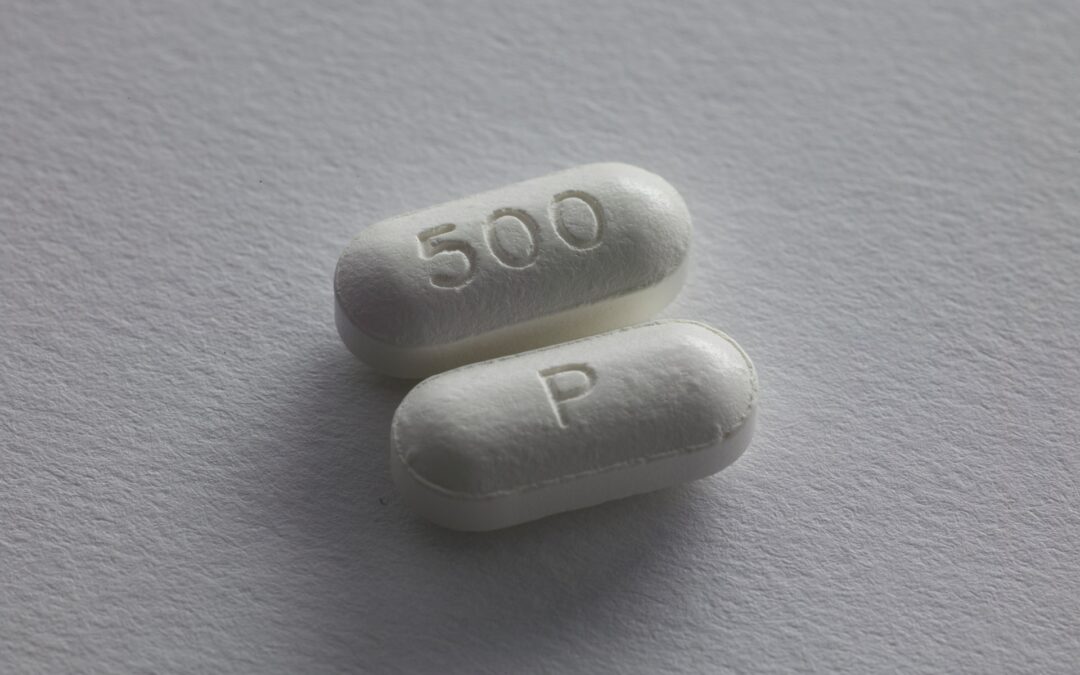Indian Pharma:
According to a Union Health Minister notification released on Saturday Indian pharmaceutical companies must meet new manufacturing standards this year 2024.
Small-scale companies have asked for a delay, citing their debt load.
Pharma companies will now have to inform the licensing administration about recalling a drug and also report product defects, retrogression, or faulty production under the revised Scheduled M guidelines.
Until now there was no system for informing the license administration about drug recall.
There has been a thread of overseas deaths past two years back linked to Indian-made drugs, The Indian Government has stepped up the investigation of Pharmaceutical factories to clean up the image of the $50 billion pharma industry.
As per the new guidelines issued on December 28, the state manufacturer must be accountable for the quality of pharmaceutical products to certify that they are fit for their intended use, adhere to the requirement of the license, and not put patience under risk due to deficient safety, quality or efficacy.
Once satisfactory results are obtained on the test of the components and retain a sufficient quantity of the samples of median and final products to allow repeated testing or verification of a batch, then only companies must market finished products it says.
Challenges Faced by Indian Pharma Industry
In August the health ministry said that inspections of 162 drug factories found an absence of testing of incoming raw materials since December 2022.
The health ministry further revealed that approximately only 25% of India’s 8,500 small drug factories met international drug manufacturing standards set by the World Health Organization.
As mentioned earlier, the notification has given a time duration of 6 months to colossal pharma drug makers and 12 months for the small players.
Death of at least 141 children in Gamba, Uzbekistan, and Cameroon have been linked to Indian cough syrups by WHO and other health authorities.
Notifications Standards
Mandatory standards like Good Manufacturing Practices build and bring caliber in products by way of control on materials, methods, processes, personnel, and environment.
In the year 1988, the Goods Manufacturing Practices was first incorporated in Schedule M of Drugs and Cosmetics Rules 1945, and the last amendment was done in June 2005.
Out of 10,500 manufacturing units in India 8,500 fall under the MSME category. An official stated that India is a major exporter of drugs to low/middle-income countries (LMICs) which require WHO GMP certification.
The official further stated India has around 2,000 units in the MSME category in the country having WHO GMP certification.
In the last 15-20 years Pharma manufacturing and quality domain has developed and progressed notably.

